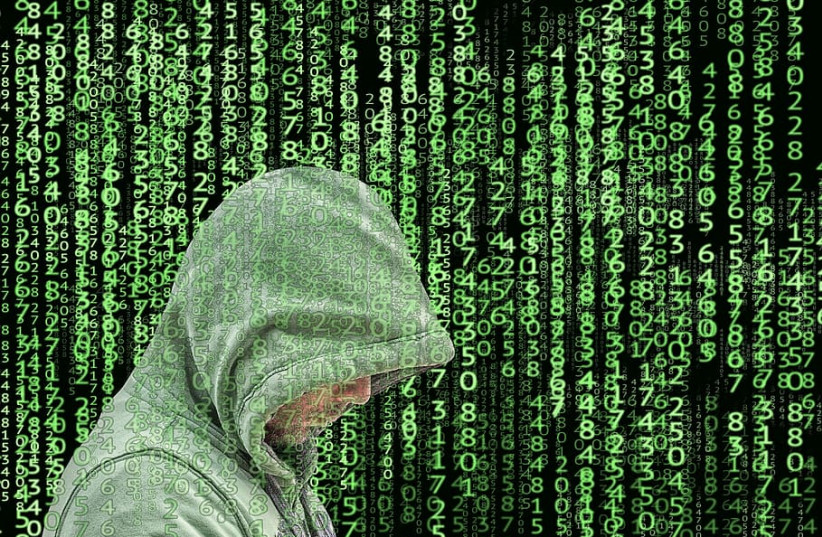‘We came to evict,” we sang, “to evict darkness,” we chanted, “holding light and fire,” we said and also did, with flashlights, candles and torches, “each is but a small light,” we conceded, but “altogether” we were “a fierce light,” so fierce that we shouted at darkness in the name of light: “Get away!”
Such was our ceremony in Zehava’s kindergarten this side of Rachel Imenu Street, such was our children’s ceremony in Yafa’s kindergarten on its other side, and such it was this week for thousands of other Israeli kids who greeted Hanukkah the way we did, stamping their feet while shouting “Sura!” – literary Hebrew’s way of saying what Israelis say less politely when commanding each other to scram.
Just what that darkness and light represented was a matter of interpretation. For Zionists, Hanukkah’s darkness was foreign rule, and the light it celebrates was the Maccabees’ revolt. For ultra-Orthodoxy darkness was the war on Judaism, and light was heresy’s defeat by faith. And in America, Hanukkah’s darkness is winter’s frost and fog, and the holiday’s light is about its candles’ glow and warmth.
Even so, there is a common denominator among Hanukkah’s versions, and it is the Jewish quest to resist idolatry’s conquest of the public sphere.
Seen this way, Hanukkah now assumes new meaning, as mankind grapples with the public sphere’s hostile takeover by a technological invasion which neither the Maccabees nor their enemies could imagine even in their wildest dreams.
What is this challenge, and how can Hanukkah help inspire its cure?

THE DIGITAL age’s threat has just been forensically mapped by bestselling philosopher Micah Goodman in his latest book, Broken Attention: How to Heal a World Fractured by Technology (Hebrew, Dvir), which exposes the cyber era’s social media, gadgetry and habits as clinically addictive, politically ruinous and socially destructive fixtures of an unplanned revolution that begs moral correction.
To understand the addictiveness one need only look at today’s teenagers, kids and even toddlers to understand that we face an evolutionary crisis. People spend hours upon hours gazing at plastic screens instead of interacting with each other. Worse, even when they do face each other people often let the smartphone interrupt the conversation. It is but one symptom of a global plague.
Mankind has unknowingly fallen prey to corporate interests that turned human attention into a commodity, according to Goodman. Facebook, Instagram, WhatsApp, Google, Amazon and the rest of the digital era’s social media, search engines, and marketing behemoths mine our attention and sell it to business interests, while exacting from us an exorbitant social and psychological price.
PARADOXICALLY, what initially seemed like a remedy for human loneliness, one that rejoined old acquaintances and erased geographic distances and cultural barriers, soon became an engine of alienation.
Citing studies that indicate a sharp rise in social-network users’ sense of loneliness, sadness and fear, Goodman concludes that digital interactions are for the mind what candy is for the body: it feels like food, but it isn’t nutritious, and in fact is poisonous.
Technology sterilizes communication. Content is transmitted, but energy is not. “The more people are technologically connected, the more they feel psychologically lonely,” Goodman concludes.
Politically, meanwhile, the digital era’s damage is evident to every sensible citizen of the free world. Social media have hijacked political discourse and made it as shallow, sloganeering, deaf, violent and hateful as it never was in the democratic world.
In one of his sharpest and saddest insights, Goodman says that social media make people talk and listen mostly to those who already think like them. The result is a decline of dialogue, and shouting machines that applaud grandstanding and amplify it. On top of all this, the digital age created a fake-news industry that has turned millions into producers, consumers and peddlers of lies.
GOODMAN’S remedy for this civilizational crisis is two-tiered: educational and technological.
Educationally, mankind must first acknowledge the digital revolution’s damage, and then strive to control it, the way humanity set out to control the industrial revolution’s social abuses and dislocations, and the way humanity later detected industry’s environmental toll, and set out to treat that as well.
Technologically, this means seeking ways to create spaces and occasions in which people will be electronically detached. It will be the cybernetic equivalent of a gastronomical diet. Goodman advocates the development of inventions that will help cultivate this digital diet, like a device that will enable workplaces and households to disable Wi-Fi in designated areas.
On this technological aspect of the crisis, Hanukkah has nothing to offer. On the educational side, however, it has plenty to offer, and that is in fact what the struggle over homo digitalis’s soul should be all about.
As noted here in the past (“Hanukkah and the media crisis,” 3 December 2010), the Sages tried to change Hanukkah’s subject from the Maccabees’ military heroism to a jug of oil’s miraculous resupply, a tale that is not even hinted in the Book of Maccabees which is the source for Hanukkah’s historicity.
However, all agree that what made our forebears go to war with the Seleucid Empire was its attempt to overtake Judea’s public sphere. That is what the holiday’s candles symbolize, sending light from the private sphere to the public sphere, and not the other way around.
Beyond that struggle lurked an even deeper confrontation, one that pitted Judea’s quest for national assertion, religious freedom, and personal sovereignty against idolatry’s scorn for introspection, morality, justice and truth.
These, in a nutshell, are also the elements of the digital era’s threat, whose defeat will require the same conviction, courage and resolve that the Maccabees displayed 2,188 years ago, and our candles will salute Sunday night.
www.MiddleIsrael.net
The writer’s bestselling Mitzad Ha’ivelet Ha’yehudi (The Jewish March of Folly, Yediot Sefarim, 2019), is a revisionist history of the Jewish people’s leadership from antiquity to modernity
